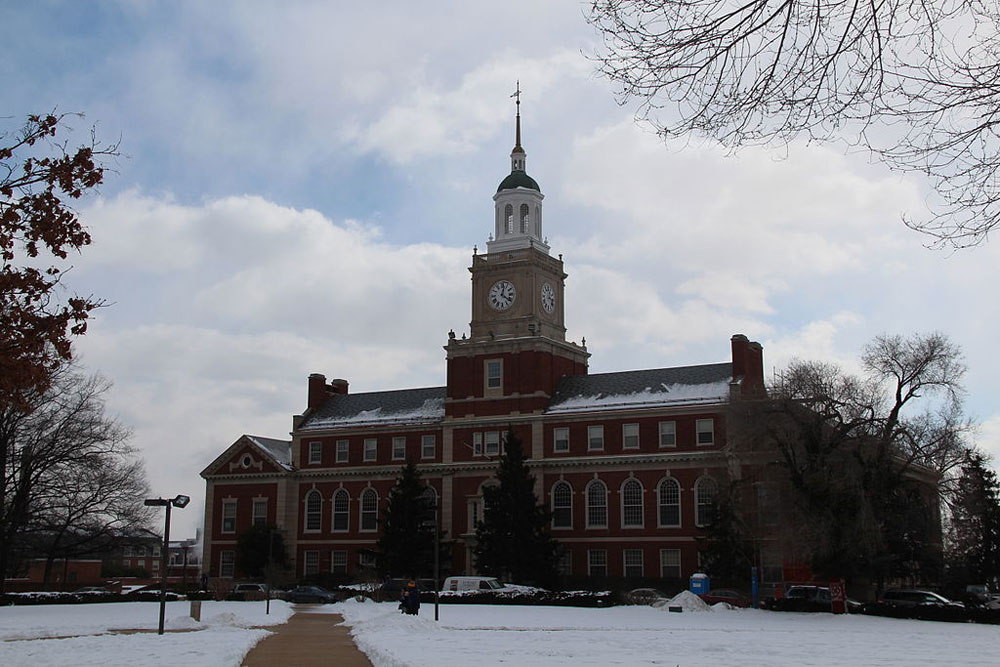
September 3, 2020; New York Times
“The data is clear: Black patients over all have better outcomes when they get treatment from Black doctors. By increasing the number of Black doctors, we hope the gift will help to save more Black lives and reduce the health problems that limit economic opportunity in Black communities.”
So wrote Michael Bloomberg in a CNN op-ed he shared with the leaders of four intended grantee institutions as they jointly announced a $100 million commitment from Bloomberg to Black students studying to become medical doctors.
The money is expected to provide around $100,000 apiece to 800 students at the four historically Black medical schools led by Bloomberg’s coauthors. The gifts will be the first to come out of the Greenwood Initiative, which is meant to address the systemic economic inequality of Black Americans.
Co-authoring the letter are Dr. Wayne A. I. Frederick, president of Howard University; Dr. David M. Carlisle, president and CEO of Charles R. Drew University of Medicine and Science; Dr. Valerie Montgomery Rice, president and dean of Morehouse School of Medicine; and Dr. James Hildreth, president and CEO of Meharry Medical College.
The Greenwood Initiative was formed after Bloomberg was challenged during his presidential campaign on some of the police-related policies he championed while mayor of New York City. Garnesha Ezediaro, who leads the program, says, “If the goal of the portfolio is to create intergenerational wealth, we have to think about the mortality and the life span of the Black community.”
Sign up for our free newsletters
Subscribe to NPQ's newsletters to have our top stories delivered directly to your inbox.
By signing up, you agree to our privacy policy and terms of use, and to receive messages from NPQ and our partners.
Between them, says the op-ed, these four schools have “produced as many Black medical school graduates over the last 10 years as the top 10 non-HBMSs with the highest number of Black graduates.”
The letter describes in some depth what makes the investment strategic according to the data, but the timing also played a role in Bloomberg’s decision:
The pandemic has underscored just how urgent the need for more Black doctors is, and we can’t afford to wait for the economy to recover to increase support for the universities that most effectively enroll and graduate them. More Black doctors will mean more Black lives saved and less debilitating health conditions that limit economic opportunity in Black communities.
As the op-ed concludes, such grants “won’t cure the disease of disparities within our healthcare and economic systems” but they are “an essential part of the treatment.”—Ruth McCambridge













